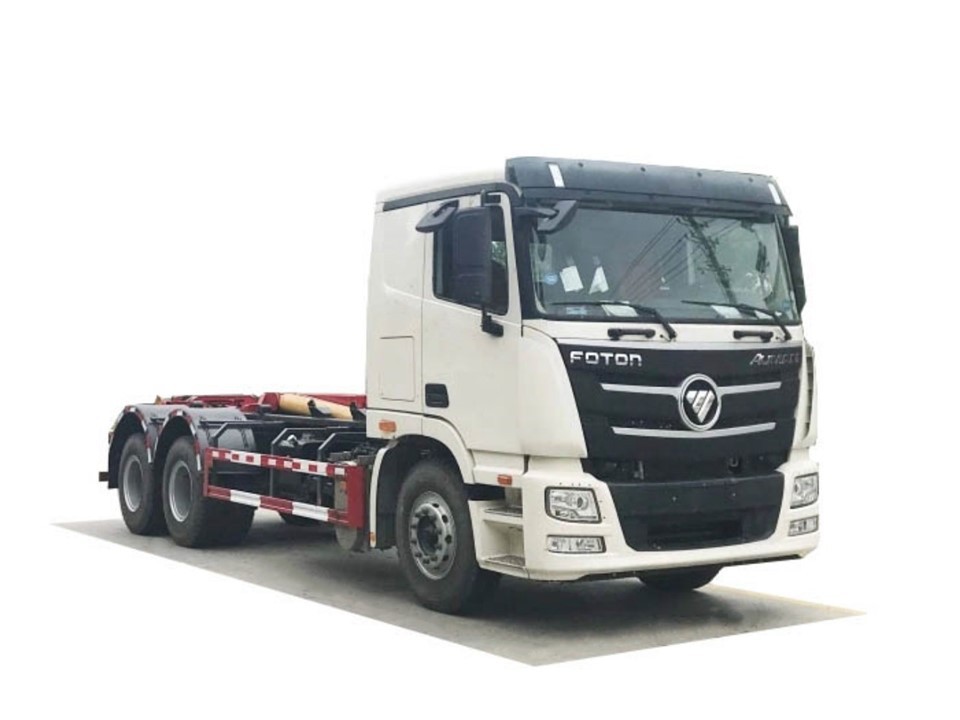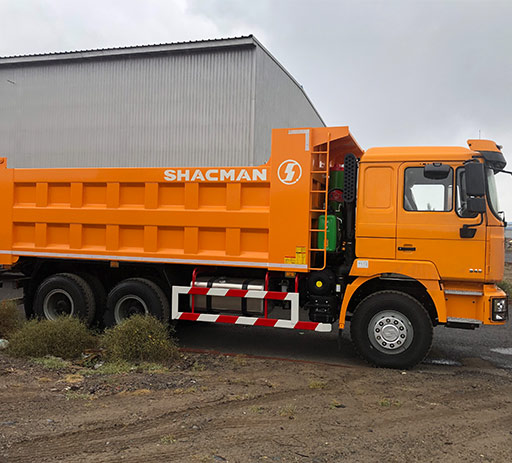Mosquito Control Truck: A Comprehensive Guide to Effective Mosquito Management

Mosquitoes are not just annoying pests; they can also transmit serious diseases, making their control crucial for public health and comfort. One effective method for managing mosquito populations in residential and commercial areas is through the use of mosquito control trucks. In this article, we will explore the various aspects of mosquito control trucks, including their operation, benefits, and best practices for effective mosquito management.
What is a Mosquito Control Truck?
A mosquito control truck is a specialized vehicle equipped with the technology and tools needed to distribute insecticides and other mosquito control products in a targeted and efficient manner. These trucks are often deployed by municipalities or pest control companies to reduce mosquito populations over large areas.
Types of Mosquito Control Trucks
- Spray Trucks: These trucks are equipped with spray systems that disperse insecticides into the air. The spray can be adjusted for droplet size to target adult mosquitoes effectively.
- Fogging Trucks: These vehicles use ultra-low volume (ULV) fogging technology to create a fine mist of insecticide that can cover large outdoor areas.
- Larvicide Application Trucks: These trucks are designed to apply larvicides to standing water where mosquito larvae thrive.
How Mosquito Control Trucks Work
The operation of a mosquito control truck involves several steps:
- Preparation: Before deployment, mosquito control professionals assess the area to identify breeding sites and hotspots.
- Choosing the Right Product: Depending on the mosquito species and life stage targeted, different insecticides or larvicides are selected.
- Application: The truck makes its rounds, using either aerial spray or fogging techniques to distribute the chosen pesticide evenly across the designated area.
- Monitoring: After application, professionals may monitor the area to check the effectiveness and adjust future treatments as necessary.
Benefits of Using Mosquito Control Trucks
Utilizing mosquito control trucks offers several advantages:
1. Efficient Coverage
Truck-mounted systems can cover large areas in a short amount of time, making it possible to treat neighborhoods quickly.
2. Targeted Treatment
By employing advanced technology, these trucks can deliver insecticides precisely where they are needed, minimizing waste and protecting non-target organisms.
3. Ongoing Monitoring and Adjustment
Regular monitoring allows for real-time adjustments in treatment strategies, making control efforts more effective over time.
Best Practices for Mosquito Control Truck Operations
Operational success lies in following proven best practices:

1. Schedule Regular Treatments
Establish a regular mosquito control schedule during peak breeding seasons to maintain low populations.
2. Educate the Community
Inform residents about the treatments, including safety measures, to enhance community cooperation and compliance.
3. Combine Methods
Combine truck treatments with other methods like eliminating standing water and using biological control agents for a comprehensive approach.
Identifying Mosquito Breeding Sites
Effective mosquito control begins with identifying and addressing breeding sites:
Common Breeding Habitats
| Breeding Site | Description |
|---|---|
| Stagnant Water | Ponds, bird baths, and clogged gutters where water accumulates. |
| Containers | Pots, buckets, and discarded tires that can hold water. |
| Wetlands | Natural water bodies or swamps that provide a suitable environment for breeding. |
Tips for Homeowners
Homeowners can help reduce mosquito populations by:
- Regularly emptying or cleaning containers that can hold water.
- Installing screens on windows and doors to prevent mosquitoes from entering homes.
- Using repellents and personal protection while outdoors.
Safety Considerations for Mosquito Control
The application of insecticides requires careful consideration of safety for both humans and the environment:
1. Public Health Guidelines
Follow guidelines from local public health organizations and the Environmental Protection Agency (EPA) to ensure safe application practices.
2. Protecting Non-target Species
Use products that are less harmful to beneficial insects and pests. Education on the timing and type of pesticide can protect pollinators.
Emerging Technologies in Mosquito Control
Innovation plays a crucial role in advancing mosquito control methods. Some emerging technologies include:
1. Genetically Modified Mosquitoes
Genetically modified mosquitoes designed to reproduce sterile offspring are being researched as a method to reduce populations.
2. Smart Mosquito Traps
New traps equipped with technologies to lure and capture mosquitoes effectively can enhance traditional methods for control.
Cost Considerations for Mosquito Control Services
The cost of mosquito control services using trucks can vary widely based on several factors:
1. Service Area Size
Larger areas will typically incur higher costs due to increased product use and labor.
2. Frequency of Treatments

More frequent applications will drive up overall costs, but can lead to better mosquito management.
3. Type of Treatment
Different treatment methods have varying costs associated with product and application.
Frequently Asked Questions (FAQ)
1. How often should mosquito control trucks be deployed?
In general, treatments should be conducted every 7-14 days during peak mosquito season, depending on the local climate and mosquito population levels.

2. Are the chemicals used harmful to pets and humans?
While most modern insecticides are designed to be safe for pets and humans when used according to label instructions, it’s essential to follow safety guidelines and allow treated areas to dry before re-entering.
3. Can I use my own mosquito protection methods alongside truck treatments?
Absolutely! Combining truck treatments with personal protective measures, like repellents and eliminating standing water, will enhance overall effectiveness.
4. How quickly can I expect to see results from truck treatments?
Results can be seen within a few hours to a few days, depending on the product used and environmental conditions.
5. Are there organic options for mosquito control trucks?
Yes, some companies offer organic and eco-friendly insecticides that can be used in mosquito control truck operations.
6. What should I do if I notice mosquitoes after the treatment?
If mosquitoes persist after treatment, it may be due to several factors, such as environmental conditions or new breeding sites. Consult your service provider for further guidance.
